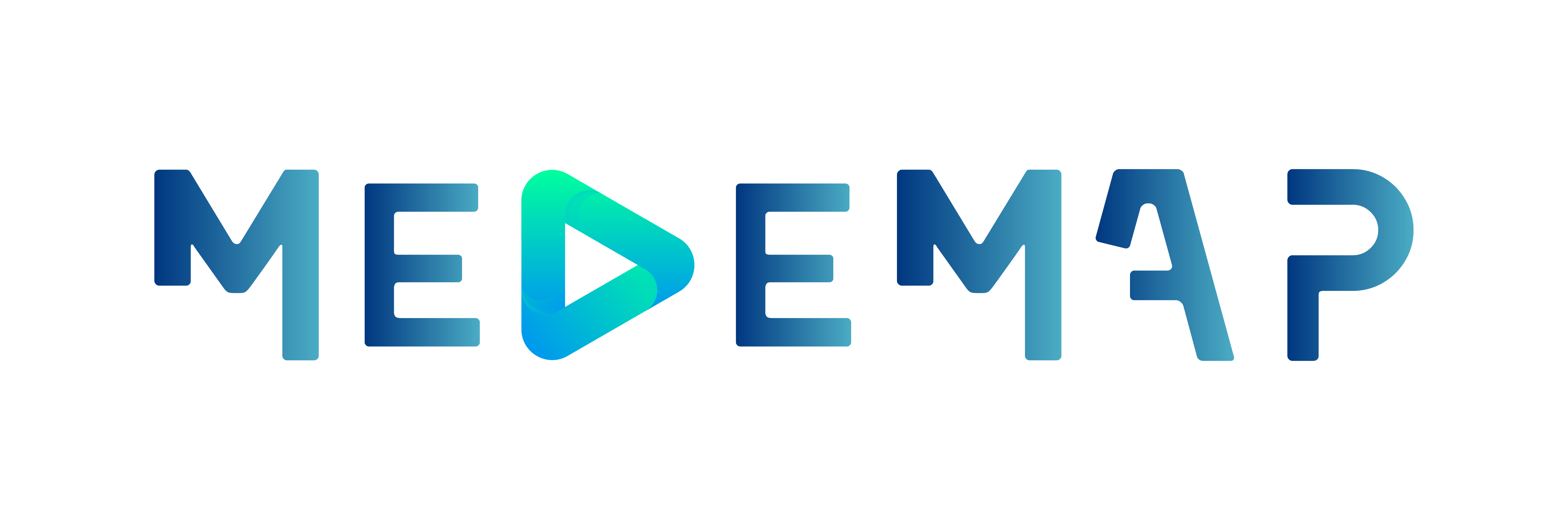About
MeDeMAP is an Horizon Europe research project being carried out in collaboration with ten European institutions to set out future-proof pathways to strengthen democracy through improving accountability, transparency, and effectiveness of media production, and expanding active and inclusive citizenship.
The project aims to clarify the extent to which certain media under which conditions perform which democratic functions for which audiences, thus making it apparent what is at stake for democratic media – and for democracy itself.
By applying an innovative multi-method design consisting of data science methods, large-scale quantitative analyses, in-depth qualitative approaches, and participatory action research, the project will cover:
- Perspectives of both representative and participatory notions of democracy as they exist in European societies;
- The entire range of news media, regardless of distribution channel, mandate, ownership, and source of financing;
- The legal and (self-)regulatory framework under which media houses and journalism operate and people use media;
- The media’s potential to promote and support political participation (supply side);
- The media use patterns, communication needs, and democratic attitudes of the audiences (demand side) in all EU Member States.
Workplan
The research is organized in five work packages which interact with each other.
Lead partner: Austrian Academy of Sciences (OEAW)
Work package main objectives are: to co-ordinate the overall project and monitor the work in progress within the work packages. Also, responsible to provide a management structure and platform for efficient communication ensuring the visibility of the project. Furthermore, to create and maintain the proposed multi-layer map of European political information environments based on the project’s research results.
Lead partner: Charles University (CU)
Work package main objectives are: to establish a state-of-the-art understanding of the current shift in how democracy is perceived and practiced in the European Union, at its many levels.
Lead partner: Austrian Academy of Sciences (OEAW)
Work package main objectives are: to provide an analysis of the legal provisions, regulatory standards and self-regulatory mechanisms, under which media operate, journalists work (= supply side) and people seek to meet their everyday life information and communication needs (= demand side).
Lead partner: Jagiellonian University (JU)
Work package main objectives are: to provide a detailed picture of media supply throughout the European Union, encompassing the entire spectrum of news media, across all channels, mandates and sources of financing side, and the media’s potential to promote and support different forms of political participation. The work-package is organized in two strands: a wide-scale quantitative inquiry, based on secondary data and realized at the European level; and an in-depth analysis of media production that will be carried out in the ten countries represented in the Consortium.
Lead partner: Free University of Languages and Communication – IULM
Work package main objectives are: to provide an advanced knowledge of the demand side: public perception of the connection between media and democracy; trust and distrust in media and democratic institutions; possible implications of audience practices in terms of social agency and political participation. The work-package is organized in two strands: a wide-scale quantitative inquiry, based on secondary data, and realized at the European level; and a first-hand, qualitative research on media audiences, that will be carried out in the ten countries represented in the Consortium.
Lead partner: Community Medien Institut für Weiterbildung, Forschung und Beratung (COMMIT)
Work package main objectives are: to realize dialogical interactions of citizens and media stakeholders meeting in citizen parliaments to contribute for the development of the future media map. The conceptualization of the process will be based on results of previous work packages. The final concept and moderation of the process will be based on best practice research on successful practice of policy development with citizen parliaments in Europe.
Lead partner: Lusófona University (UL)
Work package main objectives are: to reach, inform, involve, engage and activate a large range of target groups in different regions and to ensure the reach (or surpass) of the expected impacts for each project activity. The work package involves all partners in valorizing each action and reaching out to their regionals networks to guarantee a large participation in all activities, promoting activities and results according to the different audiences/target groups, and ensuring an appropriate and timely implementation of the various dissemination channels and means (local and international).
